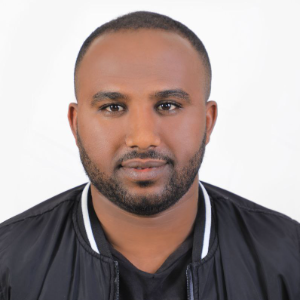Title : The impact of social media addiction on mental health and psychological well-being
Abstract:
In the digital age, social media has profoundly transformed communication, relationships, and information exchange. While these platforms offer numerous benefits, including social connectivity, knowledge sharing, and self-expression, excessive and compulsive social media use has been increasingly linked to negative psychological consequences, raising concerns about social media addiction and its impact on mental health and overall well-being. This study seeks to explore the psychological and behavioral effects of excessive social media use, focusing on how addiction to digital platforms contributes to stress, anxiety, depression, low self-esteem, and social isolation.
Using a mixed-method approach, this research incorporates both quantitative surveys and qualitative interviews to analyze the impact of prolonged social media engagement on mental health indicators, sleep patterns, emotional stability, and interpersonal relationships. The study also investigates the role of psychological mechanisms such as fear of missing out (FOMO), social comparison anxiety, cyberbullying, and validation-seeking behaviors, which exacerbate negative emotional responses and increase dependence on social media platforms. Additionally, the research examines how different demographic factors—such as age, gender, and personality traits—influence susceptibility to social media addiction and its effects.
The findings highlight the dual nature of social media, where moderate and mindful use can enhance social connections and well-being, while excessive and addictive behavior can negatively affect mental health, disrupt daily functioning, and contribute to emotional distress. This study emphasizes the urgent need for public awareness, digital literacy programs, and psychological interventions to address social media addiction. The presentation will provide evidence-based recommendations for mental health professionals, educators, and policymakers on promoting healthy social media consumption habits, self-regulation strategies, and resilience-building techniques to mitigate the adverse effects of digital dependency.
By shedding light on the complex relationship between social media addiction and mental health, this research contributes to the broader discussion on digital well-being and the need for responsible technology use in modern society.
Keywords: Social Media Addiction, Mental Health, Psychological Well-Being, Anxiety, Depression, Digital Dependency, Fear of Missing Out (FOMO), Cyberbullying, Digital Detox



